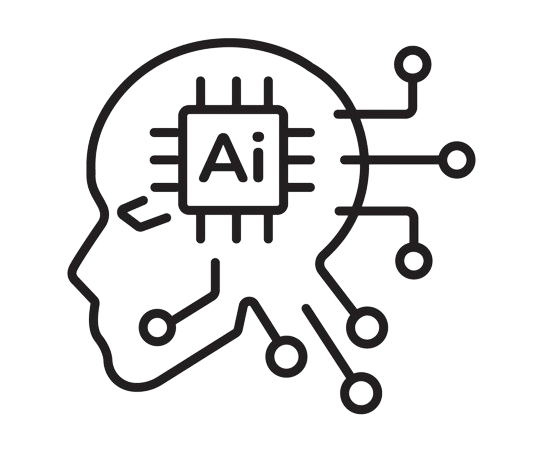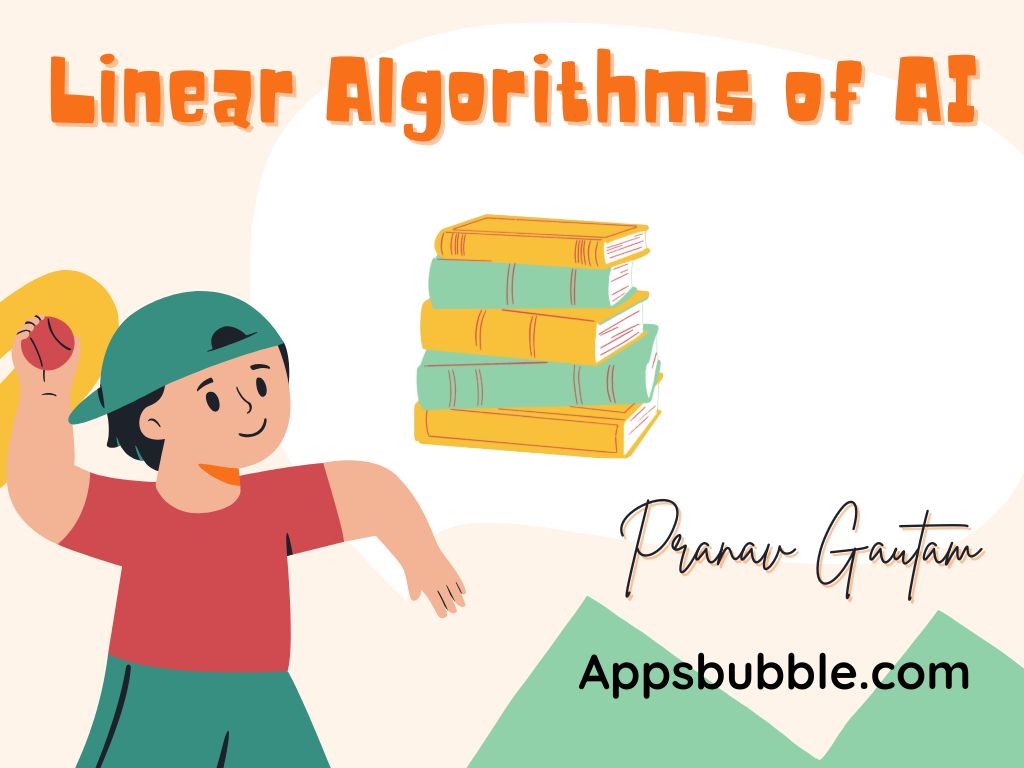Syllabus of Linear Algebra in AI
The syllabus of Linear Algebra relevant to Artificial Intelligence typically covers fundamental concepts and techniques that are essential for understanding and implementing AI algorithms, particularly in the areas of machine learning, computer vision, and natural language processing. :
1. Vectors and Vector Spaces
- Definition of vectors
- Vector operations: addition, scalar multiplication
- Dot product and cross product
- Norms and distances
- Vector spaces and subspaces
- Basis and dimension
- Linear independence
2. Matrices and Matrix Operations
- Definition of matrices
- Matrix addition and multiplication
- Transpose of a matrix
- Inverse and determinant of a matrix
- Rank of a matrix
- Elementary matrices and row operations
- Matrix factorizations: LU, QR, Cholesky
3. Linear Transformations
- Definition and examples of linear transformations
- Matrix representation of linear transformations
- Kernel and image of a linear transformation
- Change of basis and similarity transformations
4. Eigenvalues and Eigenvectors
- Definition and calculation of eigenvalues and eigenvectors
- Diagonalization of matrices
- Spectral decomposition
- Applications in dimensionality reduction (e.g., PCA)
5. Orthogonality and Least Squares
- Orthogonal vectors and orthogonal projections
- Gram-Schmidt process
- Orthogonal and orthonormal bases
- Least squares solutions to linear systems
- Application to data fitting and regression
6. Singular Value Decomposition (SVD)
- Definition and computation of SVD
- Interpretation of singular values
- Applications in data compression, noise reduction, and recommendation systems
7. Advanced Topics (Optional/Advanced AI Applications)
- Tensor algebra and tensor decompositions
- Introduction to functional analysis (for advanced AI methods like deep learning)
- Sparse coding and compressed sensing
8. Applications of Linear Algebra in AI
- Machine learning algorithms: Linear regression, Logistic regression, Support Vector Machines
- Neural networks and deep learning: Backpropagation, Convolutional operations
- Computer vision: Image transformations, Convolutional Neural Networks (CNNs)
- Natural language processing: Word embeddings, Principal Component Analysis (PCA) for dimensionality reduction
Understanding these concepts is crucial as they form the mathematical backbone for various AI techniques, algorithms, and models.You will learn it, only when you want to enjoy the Mathematics. It will make you a better AI specialist.

